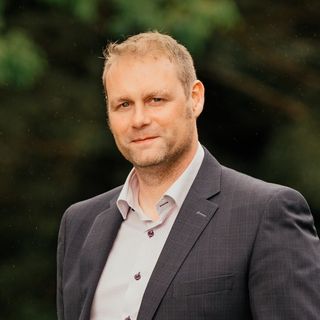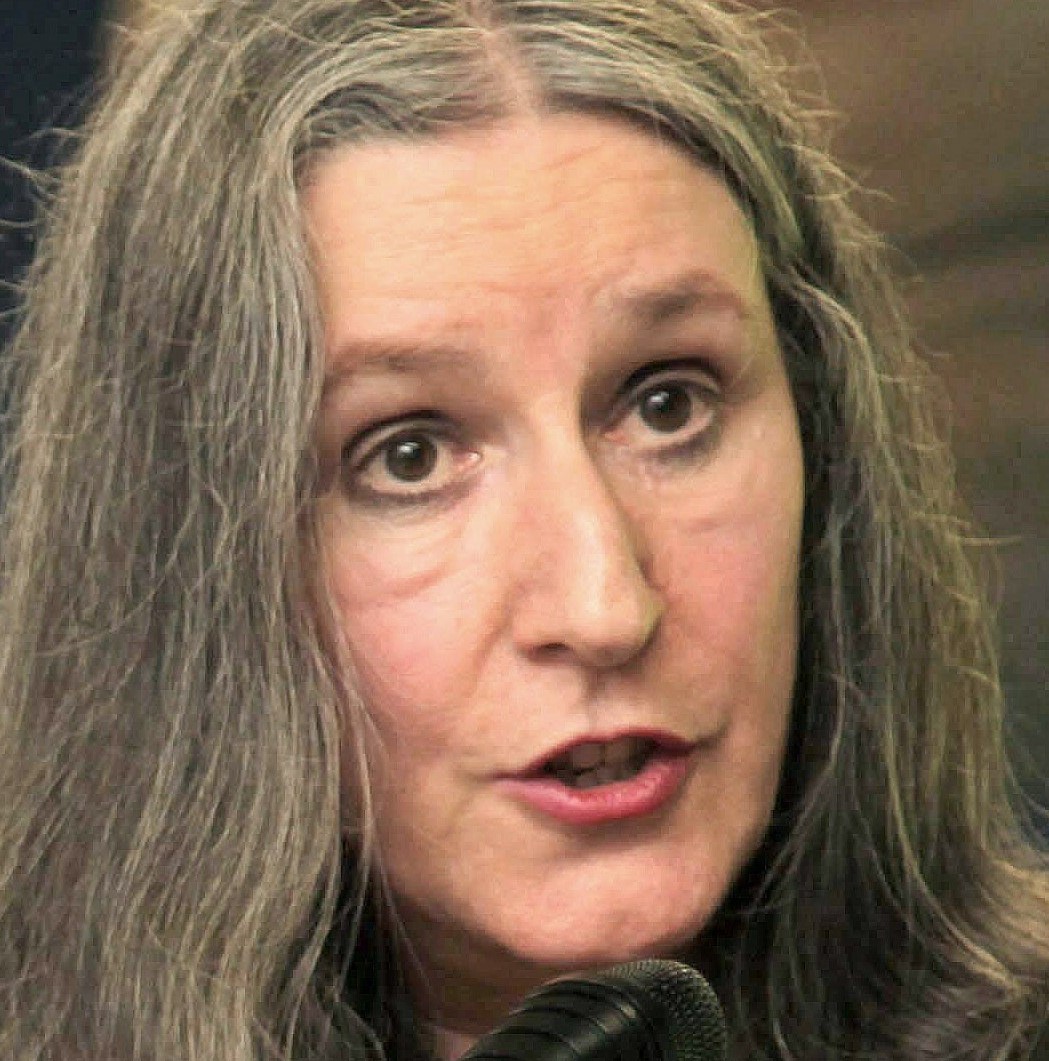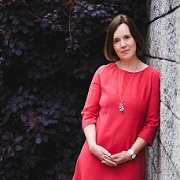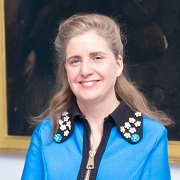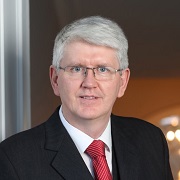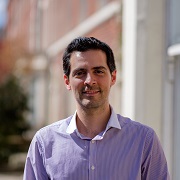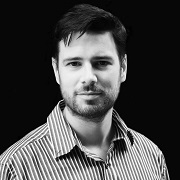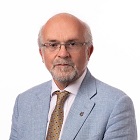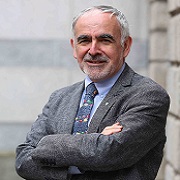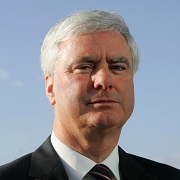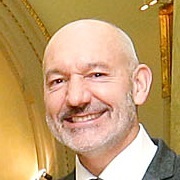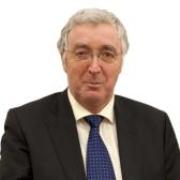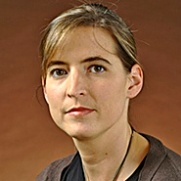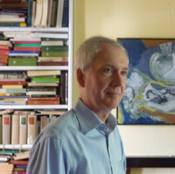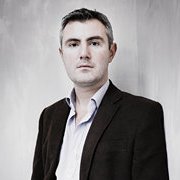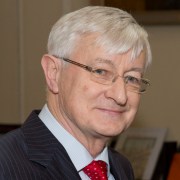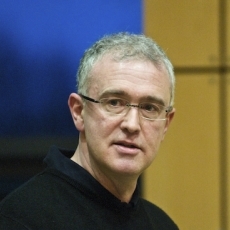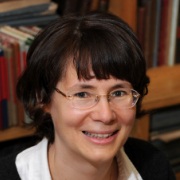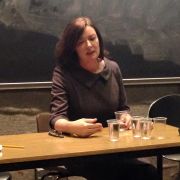In October 2015, I will have spent some thirty years thinking, talking and writing professionally about music. In fact, 31 years is (more accurately) the actual span of time, given that my career began in earnest in 1984, when I returned to Ireland from graduate studies in musicology at the University of Toronto to take up a part-time teaching post at Maynooth University. When I began to teach at UCD in October, 1985, exhilarated by the prospect of having secured a one-year assistant lectureship in music, the word ‘musicology’ was foreign coinage to most academics working in this country, to say nothing of the public at large. It was, by contrast, a commonly employed noun in Canada, the United States and in most of Europe, and all it meant then (and now) was the scholarly study of music. It didn’t mean (and still doesn’t) the performance or composition of music, but it did very clearly designate the contemplation and analysis of music as a primary agent of cultural, social, political, historical and (naturally) artistic discourse.
This kind of contemplation was virtually unknown when I was a music student in UCD, but the truth is, I owe my career as a musicologist in significant measure to my English Professor, Seamus Deane, who said to me one day in 1981, ‘Well, you love language and you love music. Why don’t you write about music? No-one else around here is doing that’. That suggestion was entirely typical of Deane’s laconic, incisive, lapidary intelligence, and it changed everything for me. If ever there was an exemplary instance of inspired mentoring, it lay in the sheer, enabling perception of those remarks.
What Deane couldn’t have anticipated then (nor I, for that matter) was that I would spend so much time since the mid 1980s writing about music in Ireland. It is true that I have written about other kinds of music (notably music in Austria and Germany), but the singular preoccupation of my career has been music as a primary conduit of Irish cultural history. This means in turn that for me, the humanities which have neighboured (and vitally enriched) my sense of music in Ireland - namely Irish history and literature – have inflected a lifetime’s engagement with ‘the supreme mystery in the science of man’, to borrow Claude Lévi-Strauss’s elegant definition of music itself.
And yet: no person of my generation working in the academy could fail to notice that the humanities are currently under siege. No college or university teacher could mistake the distortion of research in the humanities which has so strikingly afflicted professional scholarship in Ireland, virtually as a matter of official policy, over the past decade. There is no private serenity that can eclipse this unnerving state of affairs, in which the empirical sciences govern, not wisely, but too well, the deportment and necessary solitude of humanistic inquiry. I am not at all sure that the intellectual benefits of ‘thinking about music’ count for very much at the moment, although I am correspondingly certain that musicology is here to stay. But will it thrive within the protective and productive communion of the humanities, or will it fade, as so many ‘small’ subjects have recently done in British and Irish universities, under the blatant glare of higher education as a business commodity? Such questions, at least in my long experience of the humanities, have acquired an urgency that can no longer be palliated by our stubborn enchantment with learning itself, musicological or otherwise.
My red pen itches for ‘The Humanities and I’, but the deeper grammar by far is one which we must nourish and protect if it is not to be lost to the present tense and immense prestige of science and technology.



